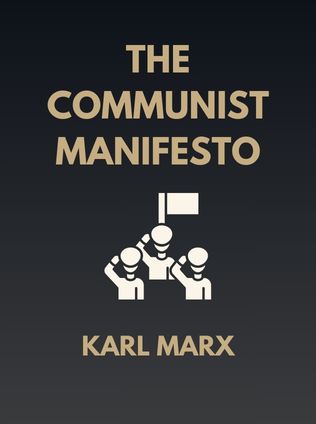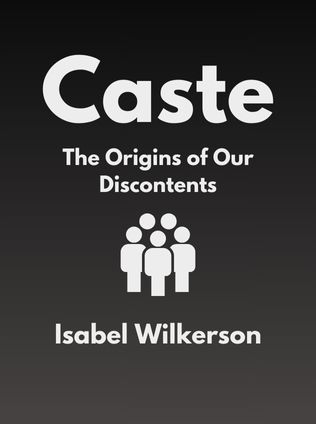
About the Author
Karl Marx, one of the most influential philosophers, economists, and sociopolitical theorists in history, is best known for his revolutionary ideas that have shaped the political landscape of the modern world. Born in 1818 in Trier, Germany, Marx's intellectual journey led him through the fields of philosophy, law, and political economy. His critical analysis of capitalism and advocacy for the working class laid the foundation for Marxism, a theoretical framework that has inspired countless movements and political ideologies worldwide.
Frederick Engels, Marx's close collaborator and co-author of "The Communist Manifesto," was born in 1820 in Barmen, Prussia. Engels was not only a philosopher and social scientist but also a successful businessman. His financial support allowed Marx to dedicate himself fully to his intellectual pursuits. Engels played a crucial role in developing and spreading Marxist theory, and together with Marx, he produced some of the most significant works in socialist literature.
Main Idea
"The Communist Manifesto," published in 1848, is a revolutionary document that outlines the fundamental principles of communism and calls for the proletariat (working class) to rise against the bourgeoisie (capitalist class). Marx and Engels argue that all of human history is marked by class struggles, with the current capitalist system being the latest stage. They assert that capitalism is inherently exploitative, with the bourgeoisie benefiting from the labor of the proletariat while keeping them oppressed and impoverished. The manifesto predicts that this exploitation will inevitably lead to the downfall of capitalism, as the proletariat will eventually unite, overthrow the bourgeoisie, and establish a classless society where the means of production are communally owned.
Table of Contents
- Introduction
- Bourgeois and Proletarians
- Proletarians and Communists
- Socialist and Communist Literature
- Position of the Communists in Relation to the Various Existing Opposition Parties
- Conclusion
Bourgeois and Proletarians
Marx and Engels begin by explaining the historical context of the bourgeoisie and the proletariat. They argue that all previous societies were based on different forms of class hierarchies, where the ruling class controlled the means of production and oppressed the lower classes. In the modern era, society has simplified into two main classes: the bourgeoisie, who own the means of production, and the proletariat, who sell their labor for wages.
The manifesto describes the bourgeoisie as a revolutionary class that overthrew the feudal system and established capitalism. However, in doing so, they created a new form of oppression, where the vast majority of people are forced to work under exploitative conditions. Marx and Engels write:
"The history of all hitherto existing society is the history of class struggles." — Karl Marx
This struggle between the bourgeoisie and the proletariat is inevitable, as the capitalist system is inherently unstable. The constant need for expansion and increased production leads to overproduction, crises, and ultimately the downfall of the bourgeoisie.
The Role of the Bourgeoisie
The manifesto credits the bourgeoisie with significant achievements, such as revolutionizing industry and creating a global market. However, these achievements come at a great cost. The bourgeoisie, in their relentless pursuit of profit, have reduced human relationships to mere monetary transactions. They have also centralized wealth and power, leading to the alienation and impoverishment of the working class.
Sign up for FREE and get access to 1,400+ books summaries.
You May Also Like
Rich Dad Poor Dad
What the Rich Teach Their Kids About Money - That the Poor and Middle Class Do Not!
By Robert T. KiyosakiFreakonomics
A Rogue Economist Explores the Hidden Side of Everything
By Steven D. Levitt and Stephen J. DubnerI Am Malala
The Story of the Girl Who Stood Up for Education and Was Shot by the Taliban
By Malala YousafzaiFactfulness
Ten Reasons We're Wrong About the World – and Why Things Are Better Than You Think
By Hans Rosling



















